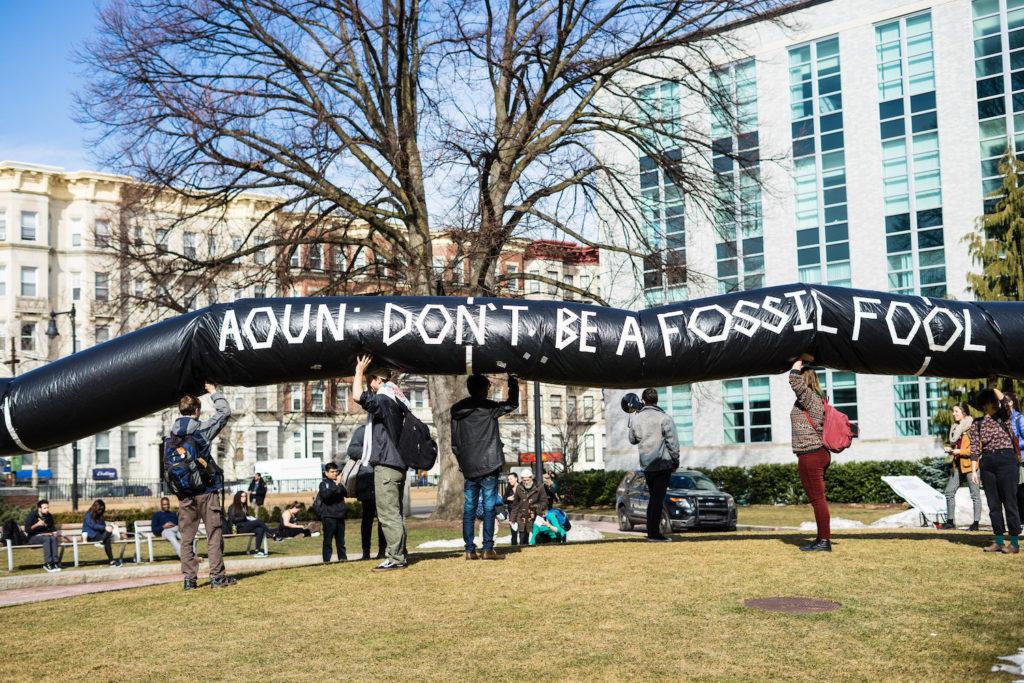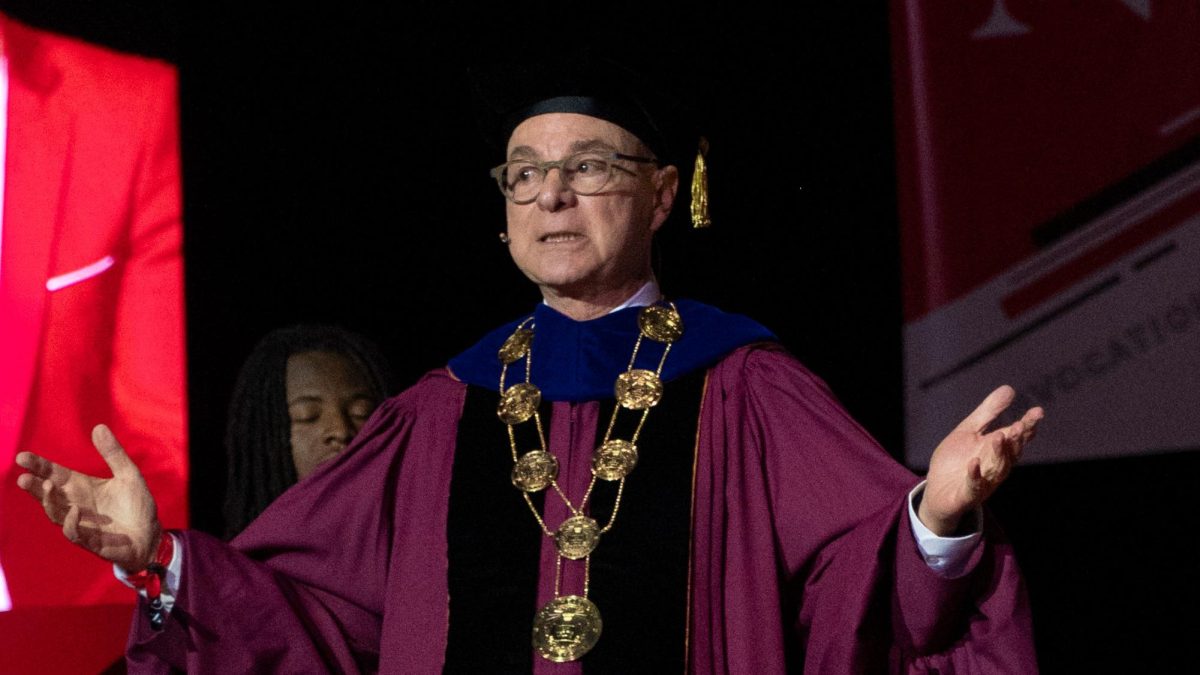By Glenn Billman, deputy campus editor
Leaked Paradise Paper documents revealed Northeastern and several other universities have invested part of their endowments in fossil fuels via an offshore hedge fund, according to an article published in the Guardian Wednesday.
EnCap Energy Capital Fund IX-C is based in the Cayman Islands, where there is no corporate or income tax. Northeastern and 11 other schools, including Rutgers University and Syracuse University, have invested undisclosed amounts of money in this fund. The money is then funnelled into a Texas-based fossil fuel venture capital firm, EnCap Investments, which has invested almost $20 billion into fossil fuel exploration and production over the last three decades, according to the article.
It is not known how much of Northeastern’s endowment is invested in EnCap Industries, how much tax the university paid on these assets or if the university has made other offshore investments.
“Northeastern University’s endowment is invested to maximize opportunities for advancing our educational and research mission,” a Nov. 10 statement from the university read. “It is important that we diversify our portfolio to enhance the return on these investments within the strict guidelines of the law. Consistent with other mission-driven institutions, the university maintains some limited investments in offshore entities.”
DivestNU member Beth Ventura said she was not surprised to discover the university is investing in the fossil fuel industry. DivestNU is a campus group which has agitated for Northeastern to disclose its investments and divest from fossil fuels since its inception in 2013.
“This article puts a lot of attention on the university and highlights the lack of alignment between our institutional values and our financial actions,” said Ventura, a fourth-year environmental science major. “This is something we as a campaign have been trying to highlight for a long time, so it was exciting to see the Guardian had written specifically about Northeastern. But it wasn’t surprising at all.”
Ventura said the attendance at DivestNU meetings increased by between 50 to 100 percent since the publication of the article, and she hopes the increased publicity will pressure the university to comply with the Faculty Senate resolution passed in March, which calls for the university to be more transparent with their investments and design a plan to divest from fossil fuels. The resolution sets December as the deadline to fulfill the resolution’s proposals.
Third-year economics and mathematics combined major Sarah Soares said she saw buzz online about the article, and the hidden investments made the school look bad.
“It makes you look kind of dishonest, and like you’re trying to hide something. Even if it’s legal, it already looks really shady and opens you up to a lot of questions,” Soares said.
Rene Velasco, a first-year business administration major, said he would not be against the investments if they were public, small and lucrative, but the investment should not be offshore.
“I don’t think the university should be investing in offshore Cayman accounts,” Velasco said. “I understand if companies do it, but I definitely don’t think universities should do it, because their focus shouldn’t be making money through hedge funds. It should instead be on using our tuition for the purpose it’s supposed to be used for and funding additional buildings and teachers.”
Soares also said she would feel differently if the university was public about their investments and spoke about investing in fossil fuels with other members of the community.
“If you’re going to be like, ‘We’re going to be green and saving the world’ and whatnot, then you should stand behind it,” Soares said. “And then it makes it seem even more shady that they’re doing it in a secretive way. It’s like, ‘This is how we’re presenting to the public, and secretly, no.’”









